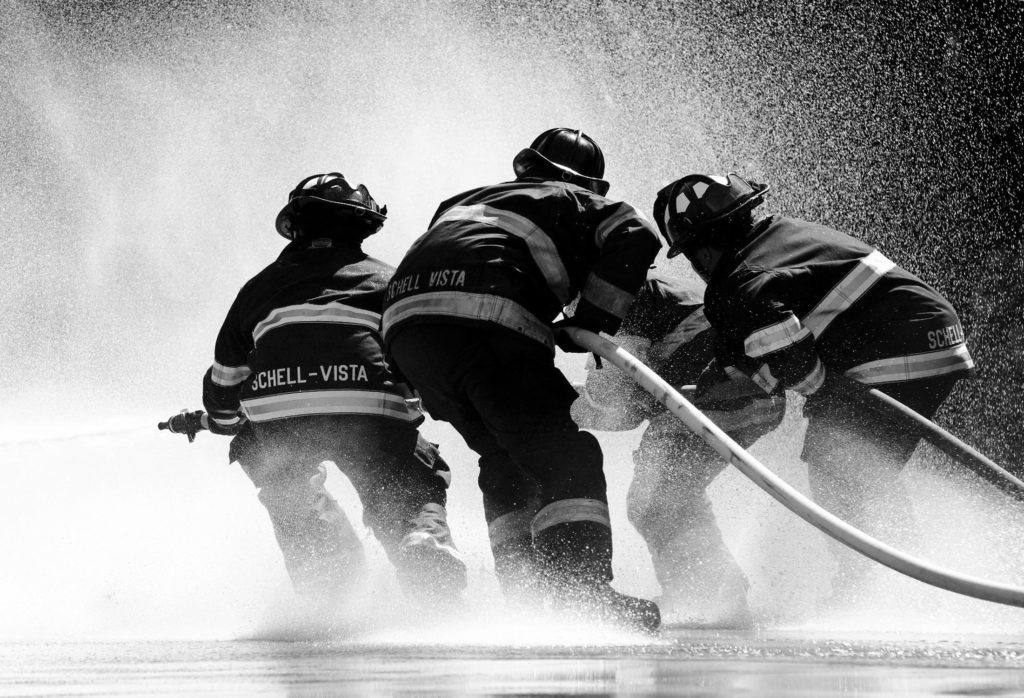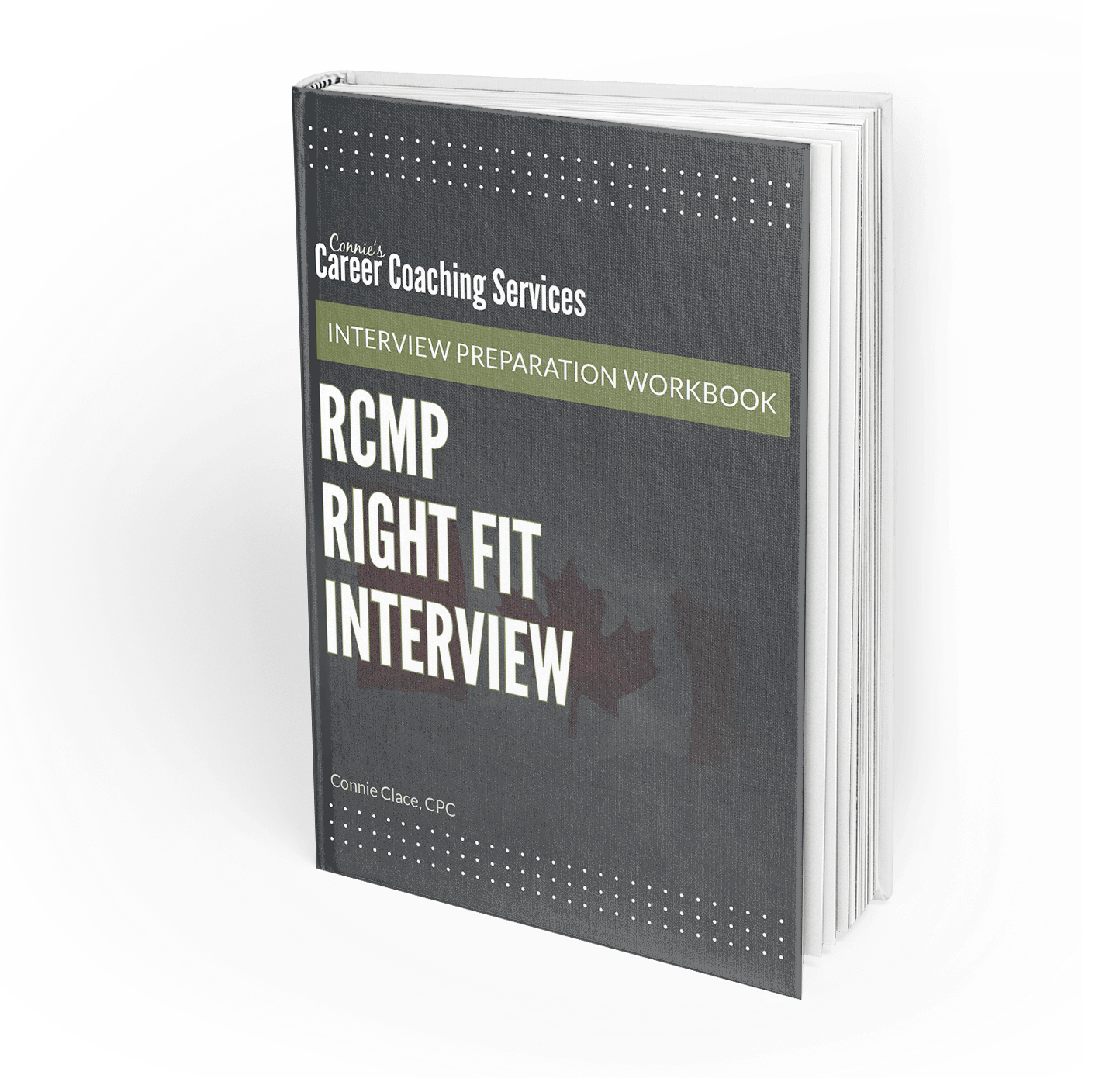Missed the full firefighter interview series? Catch up here:
Part 1: Firefighter Interview: Behavioural Interview Questions
Part 3: Firefighter Interview: Conventional Interview Questions

The interview board will likely use two components when questioning you during the firefighter interview.
The first is the conventional interview. You will be asked questions such as “What skills do you have that qualify you for this job?” These types of conventional, open ended questions allow the interviewer to simply learn more about you in a very general way. We will focus more on this interview format in a subsequent post.
The second component is the competency based interview, which focuses on a pre-established list of competencies, or qualities, that the department feels are essential for the candidate to possess to be successful. These questions will focus on behavioural and situational type questions. Today, we are going to focus on the situational-based interview questions.
Situational Based Interview Questions
When preparing for this type of interview, it is essential that you know and understand the competencies that are being assessed by that particular Department. Each Fire Department might have a different list of competencies that they feel are essential for the successful candidate to possess. Research the Department to ensure that you know what they will be focusing on, and target your practice around those competencies.
So what is a situational based interview question? The interview board will provide you with a hypothetical scenario, focused on one of the competencies, and ask you what you would do if you were in that situation. For instance, the question might look like this:
You are a new firefighter and are now a member of the team. Shortly after your arrival, you notice that two of the members of the team are in a conflict. What will you do to help mitigate this situation?
The first thing to ask yourself is, what is the competency being assessed? This particular scenario could speak to teamwork. Now what you have to do is think about what action you would take to help alleviate the conflict. The thing to remember about situational questions is that there is no wrong answer. Your answer might be that you would do nothing because you are new to the team, or that you would let your supervisor know. Which might in fact be what you do.
However, remember what you’re doing. You are trying to demonstrate that you meet the competency that is being assessed. In this scenario, it’s teamwork. If you do nothing, or run to your supervisor, does that demonstrate your ability to work well in a team environment? Probably not. So think of all of the steps that you would take to deal with this situation, and the reasons for each of the steps.
Possible Action
- Speak to each of the parties involved in the conflict
- Take them aside one at a time to hear their side of the story
- Bring them together to encourage them to talk in a professional and respectful manner
- Involve other members of the team to help mediate
- Monitor the situation to ensure that the conflict has actually been resolved
Reasons
- What are you hoping to accomplish by speaking to each of the members involved in the conflict?
- Why take them aside one at a time?
- Why would you then bring them together?
- What benefit would it be to involve other members of the team?
- Why monitor the situation? Once you have spoken to everyone, isn’t that enough?
As you can see, there are a number of factors to consider as you prepare for this type of question. This could potentially be one of the most important interviews of your career, so you want to ensure that you do everything that you can to be ready. Reach out to someone who has been through the process to get some tips and guidance, and consider using a Certified Professional Career Coach who has expertise in this field.
Do you know someone who is faced with this challenge? Feel free to share this post by using the share links at the top of this page. Also, if you’d like more interview tips, feel free to check out the interview resource page.


Leave a Reply